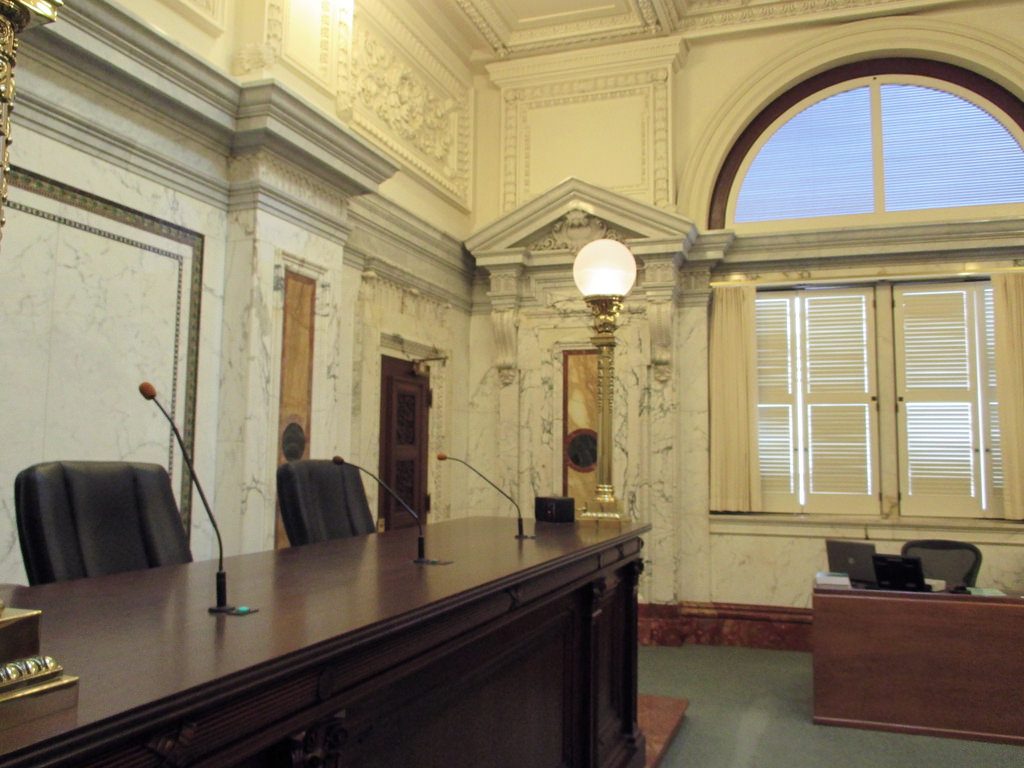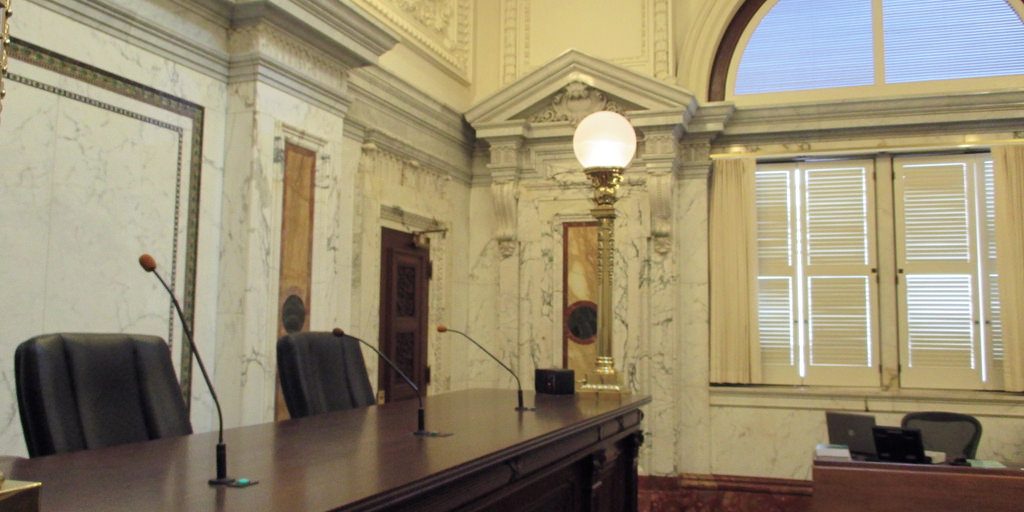 In the midst of wage garnishments or preparing for them in the near future? Depending on your situation, it may be possible to use Chapter 7 bankruptcy to stop wage garnishments in Wisconsin.
In the midst of wage garnishments or preparing for them in the near future? Depending on your situation, it may be possible to use Chapter 7 bankruptcy to stop wage garnishments in Wisconsin.
When a bankruptcy case is filed, the automatic stay provision stops most creditors from continuing to collect during the Chapter 7 bankruptcy case.
Wisconsin wage garnishment law is in place to limit the amount that can be garnished from you wage. Generally speaking, creditors are only able to take up to 20% of your wages, but more can be possible depending on the specific kind of debt you owe.
An Introduction To Wage Garnishments in Wisconsin
Also sometimes referred to as a “wage attachment,” wage garnishments are orders handed down by a court or government agency and sent to your employer. This order requires the employer to withhold a given amount of money from each paycheck to be sent to your creditor.
Within each state’s garnishment laws are rules that apply to various kinds of debt people can incur. Legal limits are set on how much of your paycheck a creditor can ultimately garnish.
For most kinds of debt, creditors must first obtain a judgment from a court explicitly stating the debt. However, there are exceptions to this rule that are very important to be aware of.
Wages can be garnished without a court’s judgment for:
– Students loans you’ve defaulted on
– Unpaid court-ordered child support
– Unpaid income taxes
What limits does Wisconsin law impose on wage garnishments?
To prevent creditors from leaving debtors in financial ruin with enough left over to cover basic living expenses, Wisconsin, along with other states has imposed limits on how much can be taken.
Wisconsin law states that the most that can be taken is 20% of your disposable earnings, or the amount by which your disposable earnings exceed 30 times the federal minimum wage.
Whichever amount is less is regarded as the limit you can be garnished.
How can Chapter 7 bankruptcy stop my wage garnishments?
The moment you file for Chapter 7 bankruptcy in Wisconsin, you’re immediately protected by automatic stay imposed by the filing. While most wage collections are prohibited, some––such as child support––will not be prohibited.
It’s vitally important to realize that creditors can request the court to lift the stay under certain circumstances. Common situations where this occurs include:
– Instances where the debtor is behind on home mortgage or auto payments
– Instances where the creditor holds a non-dischargeable debt such as child support, or alimony and would like to collect on it.
– An eviction from your landlord due to failed payments
– Instances where you’re already delaying payments to creditors due to a Chapter 13 bankruptcy.
It’s also essential to understand that you may be denied a stay or be given a shorter one if you’ve filed for bankruptcy in the recent past.
Wage garnishments after the bankruptcy has ended
Since the automatic stay is attached to your Chapter 7 bankruptcy, it ends along with the case. If your bankruptcy ends up discharging the debt that was being collected through wage garnishments, then the creditor is not allowed to continue garnishing your paychecks.
On the other hand, if your bankruptcy is dismissed before a discharge, then creditors are free to continue with wage garnishments.
Looking for a way out of wage garnishments in the Beloit area? Our team of experienced bankruptcy attorneys can help you find the best solution to fit your circumstances. Contact an experiences bankruptcy attorney in Beloit for a free consultation today.
Photo credit: Catherine Read








